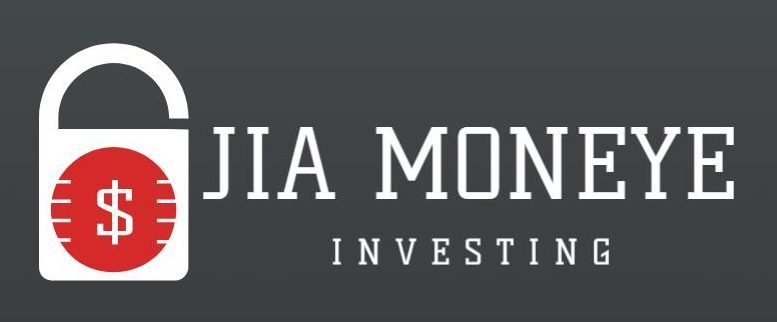
Loan Refinancing: When and Why to Consider It
In the ever-evolving landscape of personal finance, refinancing a loan can feel like navigating through a dense fog, full of intricate decisions and potential pitfalls. Yet, the concept of refinancing, when approached with the right knowledge and timing, can be a powerful tool in managing your financial health. This article delves into the intricacies of loan refinancing, exploring the optimal times to consider it and the compelling reasons behind the decision.
、Loan refinancing involves replacing an existing loan with a new one, typically to secure better terms or lower interest rates. This process is common in mortgages, but it can also apply to other types of loans like student loans or auto loans. At its core, refinancing is a strategy to reduce financial burden and optimize your debt management.
1. When Interest Rates Drop: One of the most straightforward reasons to refinance is when interest rates significantly decline. A lower rate can reduce your monthly payments and the total interest paid over the life of the loan.
2. Improved Credit Score:If your credit score has improved since you took out your original loan, you might qualify for better loan terms. A higher credit score typically translates to lower interest rates.
3. Change in Financial Situation:** A significant change in your financial situation, such as a salary hike or a more stable job, might prompt a loan refinance. This change could allow you to secure a loan with more favorable terms.
4. Switching from Adjustable to Fixed Rate: If you originally chose an adjustable-rate loan and the market rates are climbing, switching to a fixed-rate loan through refinancing can protect you from future rate hikes.
Why Consider Refinancing
1. Lower Monthly Payments:Reducing monthly payments is often the primary goal of refinancing. It can free up cash for other expenses or investments, easing your monthly financial strain.
2. Shortening the Loan Term: Refinancing can allow you to pay off your loan faster. For instance, switching from a 30-year to a 15-year mortgage might raise your monthly payments, but significantly reduce the total interest paid.
3. Consolidating Debt:Refinancing can be a strategic move to consolidate multiple debts into a single loan, often with a lower interest rate, simplifying your finances and potentially reducing overall costs.
4. Tapping into Equity:Homeowners might refinance to access the equity built up in their home, providing funds for renovations, education, or other important expenses.
Considerations Before Refinancing
Refinancing isn’t always the right decision. There are costs involved, such as closing costs and potential prepayment penalties, which can negate the benefits of refinancing if not carefully considered. Additionally, extending the loan term, even at a lower interest rate, could mean paying more in total interest over time.
It’s also crucial to understand your financial goals and how refinancing fits into your broader financial plan. Consulting with a financial advisor can provide personalized insights based on your unique situation.
Conclusion
Loan refinancing is a tool that, when used judiciously, can significantly enhance your financial wellbeing. The key is to understand when and why it makes sense for your particular circumstances. By keeping a keen eye on market trends, recognizing shifts in your financial standing, and weighing the costs and benefits, you can make informed decisions that align with your long-term financial objectives. In the end, the path to financial stability and freedom is often marked by such thoughtful and strategic choices.


